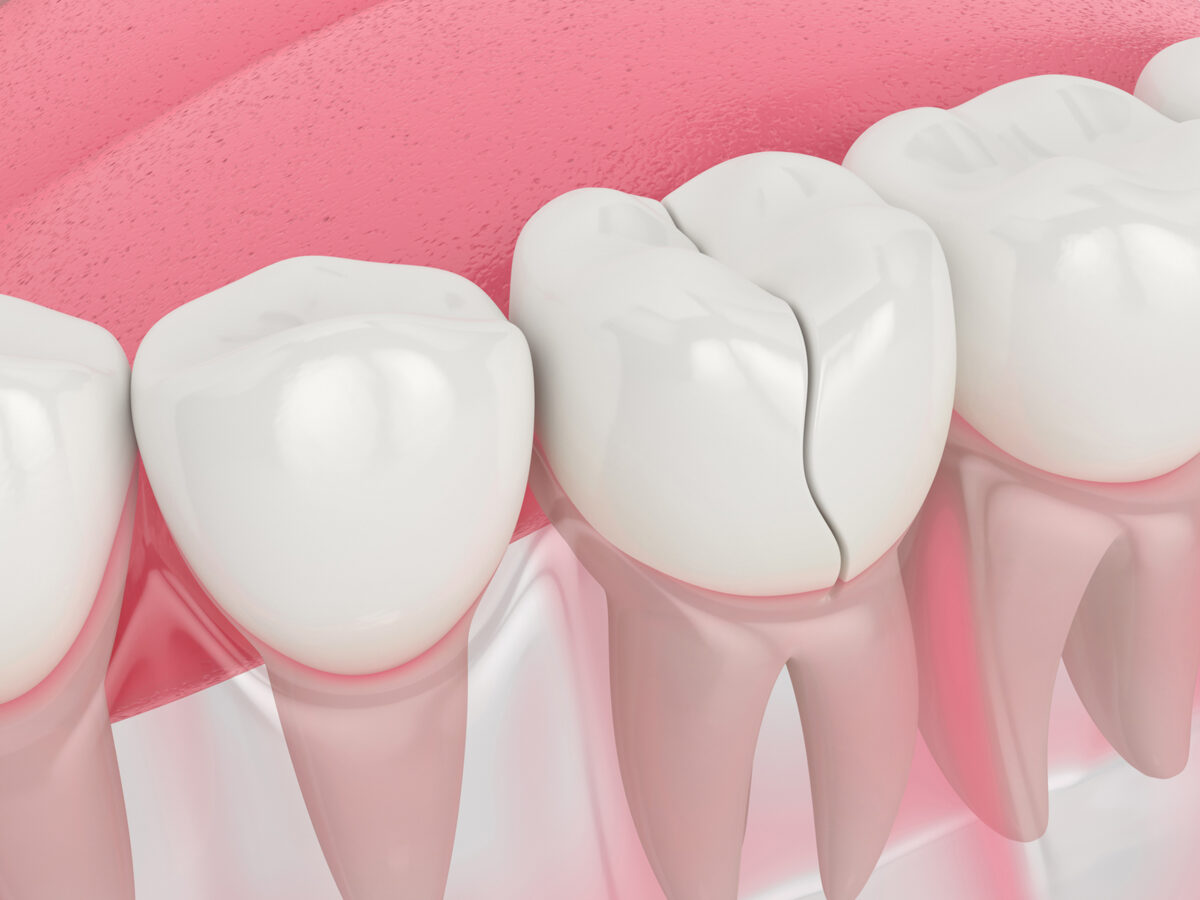Blog
Dental hygiene tips for healthy teeth & gums

Endodontic Therapy To Save A Cracked Tooth
Endodontists do more than just perform root canal treatments; they can also address your cracked tooth efficiently. Our teeth play a significant role in defining our personalities, and a cracked tooth can mar that image. At times, a cracked tooth can be unbearably painful, leading to other oral health complications. This is why it’s essential to seek medical attention for cracked teeth.
This article will provide insights into the nature of cracked teeth and the dental treatments available to address them. With the right care and treatment, you can alleviate pain and eliminate symptoms. Without appropriate attention, a chipped tooth can further harm the gums and adjacent teeth.
What Causes Tooth Cracks?
While teeth are robust, they can crack or chip for various reasons. The causes can be both external and internal. Some common reasons include:
- Chewing on Hard Objects: Biting on items like ice or hard foods can exert undue pressure on the teeth, leading to chipping.
- Accidents: Falls, sports injuries, or a direct blow to the face can result in cracked teeth.
- Old Fillings: Over time, large fillings that weaken the tooth structure become more susceptible to cracks.
- Grinding or Clenching: Habitual grinding or clenching, especially during sleep, can lead to chipped teeth.
Types of Cracked Teeth
Not all cracked teeth are alike. Different types of cracks necessitate varied endodontic treatments. Here are some common types of cracked teeth:
- Craze Lines: Minor cracks on the enamel’s outer layer. They are typically painless and don’t require treatment.
- Fractured Cusp: This occurs when a piece of the tooth breaks off, often necessitating a filling.
- Cracked Tooth: This type of crack extends from the surface towards the root and can lead to complications if not promptly addressed.
- Split Tooth: This refers to a tooth divided into two segments, often resulting from an untreated cracked tooth.
- Vertical Root Fracture: This crack originates from the root and extends towards the surface. It can cause infections in the surrounding root and bone, leading to pain.
Symptoms of a Cracked Tooth
The symptoms of a cracked tooth might not always be evident. However, some common indicators include:
- Pain during chewing or biting
- Sensitivity to hot, cold, or sweet foods
- Intermittent pain that comes and goes
- Swelling of the gums
- Endodontic Treatments
Endodontic therapy, a specialized branch of dentistry, focuses on treating the tooth’s interior. This includes addressing exposed or infected pulp. Such therapy is crucial to preserve the tooth and avoid extraction. When executed correctly, endodontic treatment helps retain the tooth’s aesthetics and extends its lifespan.
One of the most prevalent treatments in endodontic therapy is the root canal. Chipped teeth often require cleaning, filling, and restoration to ensure uniformity in shape and size. A root canal is the preferred procedure if a crack extends to the roots, as it prevents complications and ensures the tooth remains functional.
Final Thoughts
Endodontic therapy primarily aims to preserve your teeth. A chipped tooth should neither be neglected nor ignored, as it not only affects your appearance but, if the crack extends to the roots, can also harm the surrounding gums. The best course of action is to consult your dentist promptly.
While endodontists are specialized and often more expensive, their expertise is invaluable for accurate diagnosis and treatment. They can help preserve your pearly whites and uphold oral hygiene. These dental specialists can guide you, ensuring the longevity of your teeth and effective pain management.
